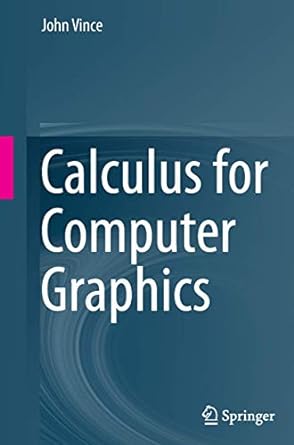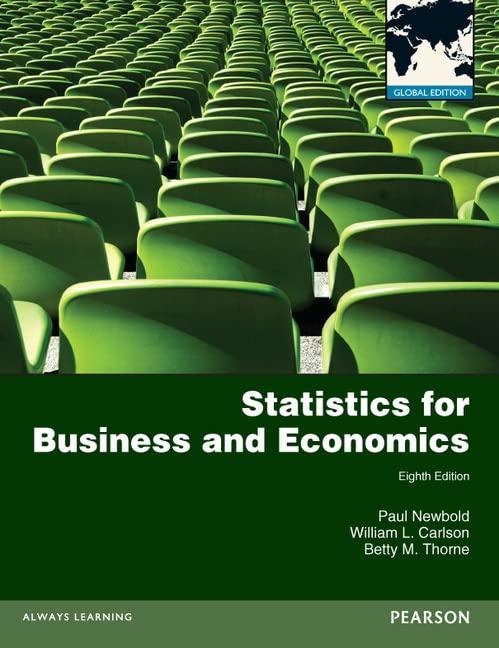Go back


Calculus For Computer Graphics(1st Edition)
Authors:
John Vince

Cover Type:Hardcover
Condition:Used
In Stock
Shipment time
Expected shipping within 2 DaysPopular items with books
Access to 30 Million+ solutions
Free ✝
Ask 50 Questions from expert
AI-Powered Answers
✝ 7 days-trial
Total Price:
$0
List Price: $56.00
Savings: $56(100%)
Solution Manual Includes
Access to 30 Million+ solutions
Ask 50 Questions from expert
AI-Powered Answers
24/7 Tutor Help
Detailed solutions for Calculus For Computer Graphics
Price:
$9.99
/month
Book details
ISBN: 1447154657, 978-1447154655
Book publisher: Springer
Get your hands on the best-selling book Calculus For Computer Graphics 1st Edition for free. Feed your curiosity and let your imagination soar with the best stories coming out to you without hefty price tags. Browse SolutionInn to discover a treasure trove of fiction and non-fiction books where every page leads the reader to an undiscovered world. Start your literary adventure right away and also enjoy free shipping of these complimentary books to your door.
Book Summary: Students studying different branches of computer graphics have to be familiar with geometry, matrices, vectors, rotation transforms, quaternions, curves and surfaces and as computer graphics software becomes increasingly sophisticated, calculus is also being used to resolve its associated problems. In this 2 nd edition, the author extends the scope of the original book to include applications of calculus in the areas of arc-length parameterisation of curves, geometric continuity, tangent and normal vectors, and curvature. The author draws upon his experience in teaching mathematics to undergraduates to make calculus appear no more challenging than any other branch of mathematics. He introduces the subject by examining how functions depend upon their independent variables, and then derives the appropriate mathematical underpinning and definitions. This gives rise to a function’s derivative and its antiderivative, or integral. Using the idea of limits, the reader is introduced to derivatives and integrals of many common functions. Other chapters address higher-order derivatives, partial derivatives, Jacobians, vector-based functions, single, double and triple integrals, with numerous worked examples, and over a hundred and seventy colour illustrations. This book complements the author’s other books on mathematics for computer graphics, and assumes that the reader is familiar with everyday algebra, trigonometry, vectors and determinants. After studying this book, the reader should understand calculus and its application within the world of computer graphics, games and animation.
Customers also bought these books
Frequently Bought Together
Top Reviews for Books
Request tih5jq0
( 4 )
"Delivery was considerably fast, and the book I received was in a good condition."










